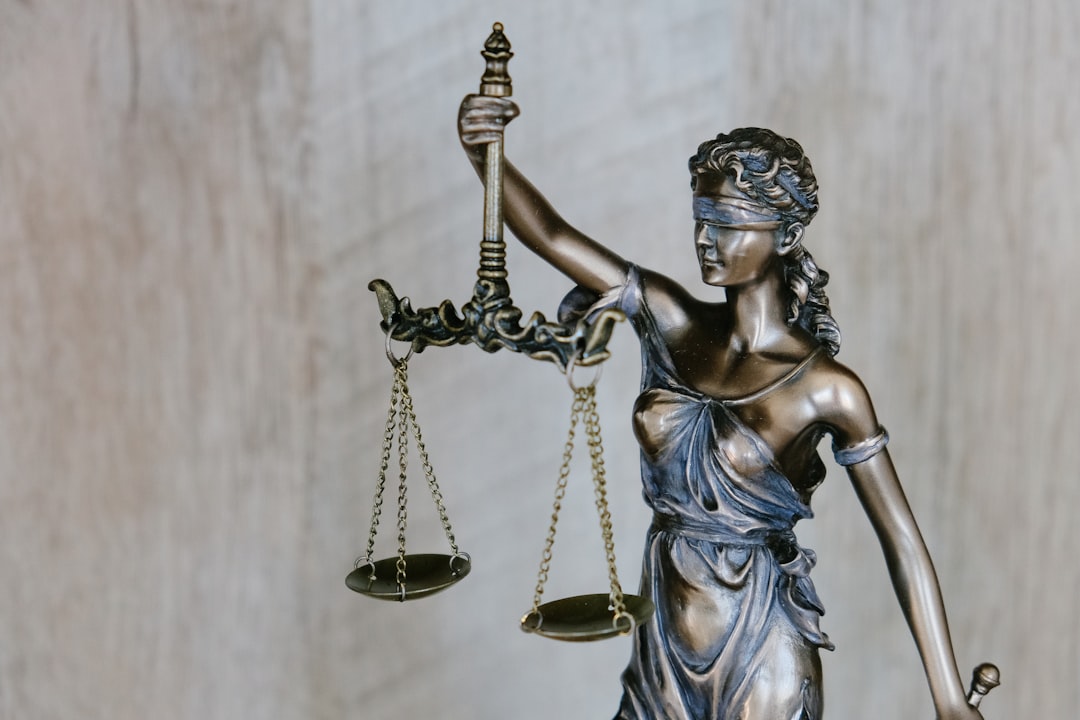In Houston, Texas, the "Do Not Text" law updates regulate legal communication, prohibiting text messaging for case-related matters to preserve professional standards and enhance client interactions. These laws aim to curb distracted driving by educating drivers about the risks of texting while driving, with potential fines and charges. The regulation shifts legal professionals towards alternative channels like phone calls or email, promoting direct and formal interactions. Clients must be educated on appropriate contact methods, especially for emergencies, to maintain a seamless attorney-client relationship. The digital age transforms legal communication in Houston, presenting opportunities and challenges, with future updates integrating technology while residents stay informed about "Do Not Text Lawyer Houston" policies.
In Houston, legal professionals face unique challenges with communication regulations. The ‘Do Not Text’ law updates have sparked curiosity and concern among lawyers, especially regarding texting restrictions. This article demystifies these rules, offering insights into the legal basis, impact on client interaction, and potential scenarios. We explore how technology’s role evolves, ensuring Houston’s legal community stays informed about the latest developments in maintaining professional boundaries and effective client communication, specifically focusing on ‘Do Not Text’ lawyer Houston practices.
What Are the Texting Restrictions for Lawyers in Houston?

In Houston, lawyers are subject to specific guidelines regarding communication with clients, one of which is the restriction on texting. The “Do Not Text” law updates have been implemented to maintain professional standards and ensure clear, documented communication between attorneys and their clients. According to these regulations, lawyers in Houston are prohibited from using text messages for legal matters except under specific circumstances. This ban includes discussions related to pending cases, confidential information, or any form of case-related correspondence.
Lawyers who violate this rule may face ethical consequences. The primary reason behind this restriction is to preserve the integrity of legal communication, ensuring that all interactions are properly documented and traceable. By adhering to these guidelines, Houston attorneys can maintain their professional responsibilities and uphold the highest standards of practice in their field.
The Legal Basis Behind Do Not Text Rules

The “Do Not Text” laws, including those in Houston, are grounded in the need to address the growing issue of distracted driving caused by text messaging while behind the wheel. These laws aim to enhance road safety by prohibiting drivers from sending or reading text messages during the operation of a motor vehicle. In Texas, the legal basis for these regulations is found in the state’s transportation code, which outlines specific restrictions on driver behavior to ensure safe roads.
Houston’s “Do Not Text” rules are part of a broader national effort to combat the dangers of texting and driving. According to research, sending or reading a text message while driving delays a driver’s reactions by up to 20 seconds, increasing the risk of accidents significantly. Legal experts, often referred to as Do Not Text Lawyers in Houston, play a crucial role in educating drivers about these laws and advocating for safer driving practices. They help spread awareness about the potential consequences, which may include fines, license suspension, or even criminal charges, reinforcing the importance of adhering to these traffic regulations.
How Does This Law Affect Client Communication?

The “Do Not Text” law in Houston, Texas, has significantly impacted client communication for legal professionals. This regulation, aimed at curbing unwanted text messages, particularly from lawyers, has led to a shift in how legal firms engage with their clients. Traditionally, text messaging was a convenient way for attorneys to provide quick updates and respond to urgent inquiries. However, with the new law, Houston attorneys are now encouraged to use alternative communication channels like phone calls or email to ensure compliance.
This change affects client-attorney relationships by promoting more direct and formal interactions. While it may slow down initial response times, it enhances transparency and reduces the risk of miscommunication often associated with text messaging. As a result, clients in Houston can expect more structured legal advice and updates, ensuring their sensitive information remains secure and confidential.
Common Scenarios and Exclusions to Keep in Mind

In today’s digital age, the “Do Not Text Lawyer Houston” law has become an essential regulation to understand, especially for those frequently engaged in legal matters. Common scenarios often involve individuals mistakenly reaching out to their lawyer via text message, whether it’s regarding a pending case or general legal advice. Exclusions to keep in mind include emergency situations where immediate communication is necessary; however, even in such cases, clients should be directed to call rather than text.
Another scenario involves non-urgent inquiries about simple legal procedures, which could burden the lawyer’s time if handled through text messages. These exclusions highlight the need for clear communication guidelines. Clients must be educated about the appropriate methods to reach out, ensuring a seamless and effective attorney-client relationship while adhering to the “Do Not Text Lawyer Houston” law.
The Impact of Technology and Future Updates

The digital age has brought about significant changes in how we communicate and access information, especially within the legal sector. With technology advancing at a rapid pace, it’s crucial for Houstonians to stay informed about law updates, particularly those related to do not text lawyer regulations. The traditional methods of legal communication are evolving, and digital platforms are becoming more prevalent. This shift presents both opportunities and challenges for both legal professionals and clients.
Future updates will likely continue to integrate technology, ensuring a more efficient and accessible legal system. For instance, the implementation of secure messaging platforms could streamline communication between lawyers and clients, especially when it comes to urgent matters. However, as these changes occur, it becomes even more essential for residents to understand their rights and obligations regarding communication with legal representatives, emphasizing the significance of following local guidelines, such as do not text lawyer Houston policies.






